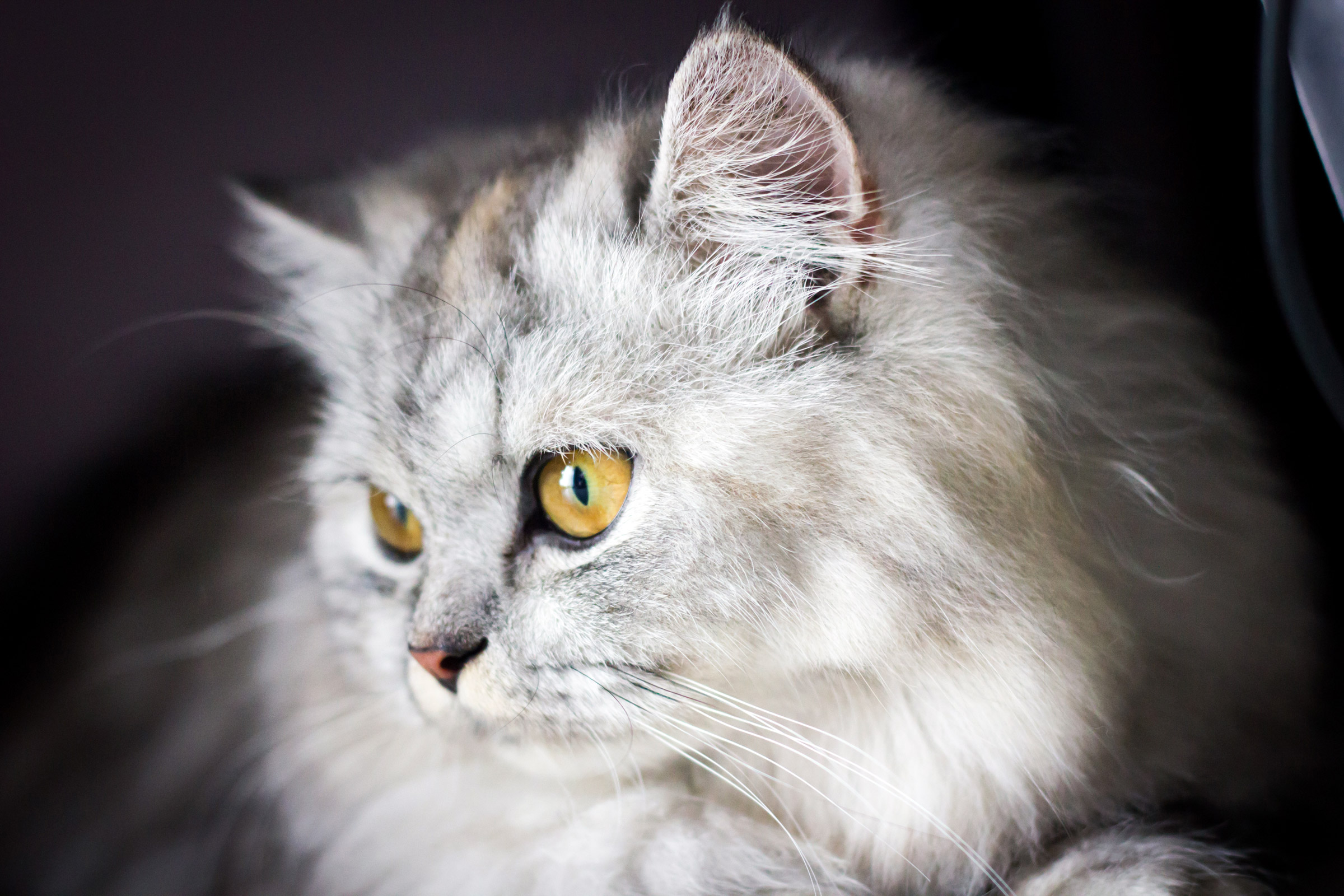Finding the Purr-fect Cat for You
Maybe you’re looking for a snuggle buddy? A certain four-legged furry companion with whiskers and an affinity to purr? Before you bring a new cat into your house, there’s a lot to consider. Here are some things to think over so when the time comes, you find a cat that’s perfect for you and your family.
Educate Yourself Before Choosing A Cat
A rural family with children running in and out of the house all day might be best suited for a sturdy, low maintenance American short-hair cat. A cat connoisseur might choose the unique look of the Ocicat, which, besides its spotted wild looking beauty, is known as one of the best companion cats. A long-haired cat or a high-strung, elegant Siamese might not be an ideal choice for an elderly person. The best companion for an older person might be an older, quiet cat who stays out from underfoot and is not too energetic. A Siamese cat, whose claws are sure to scratch expensive furniture, or a Persian, whose shedding might send a fastidious housekeeper into a broom swinging rage, might work well for an easygoing, young, childless couple.
Searching for information on specific breeds at the local library or online is a great way to find a good cat companion. No matter what, the more you are informed, the better you are going to be satisfied with your decision.

Adult or Kitten?
Adult cats and kittens have their virtues. An adult cat is a ready-made companion. He (or she) is litter trained and self-sufficient. What’s more, he may already be neutered and he knows how to take care of himself. When he’s tired of playing, he may hide. If you need a mouser, he can probably learn the job within hours. Assuming he’s healthy and comes from a good breeder or loving home, he should make an excellent pet.
On the other hand, adult cats are generally slower to adjust to new situations than are kittens. It may take some extra time and patience when introducing an older cat to other family pets. Until he adjusts, you may need to supervise so he doesn’t sneak out the door and try to return to his former home. By starting out with an adult cat, you are going to miss the enjoyment (as well as anguishes) of living with a kitten.
Kittens are adorable, cuddly and amusing. Their nonsensical antics and youthful exuberance are a delight. Watching them learn and grow is unforgettable for all ages and is an exciting experience for children. Prepare to give your kitten lots of care during the first few weeks. You need to feed your young kitten several times a day and clean up after him. He may even need to sleep cuddled up next to you for a while. Kittens are constantly getting intro mischief, so put away your table top items until he’s older. Finally, be prepared for a few trips to the veterinary hospital for exams, vaccinations, neutering and an occasional incident.
Pedigree Cat?
If you plan to show or breed your cat and you are specific about what you want in looks and temperament, buy a pedigreed cat from a reputable breeder. A pure-bred cat can cost several hundred dollars.
If you definitely want a particular breed but you don’t need show quality and registration papers, you can probably purchase a “pet quality” kitten relatively inexpensively from a breeder. While color variations or other minor faults may make the animal unacceptable for breeding or showing, they usually don’t affect his potential for becoming a wonderful pet.
Long-Haired or Short-Haired Cat?
A short-haired cat requires less maintenance than a cat with long hair. If you are considering a long-haired cat, your tolerance for hair on carpets, furniture and clothing is a major factor to consider. Allergies are another consideration as long-haired cats may aggravate allergies more than short-haired cats. If you decide on a long-haired cat and want to keep him healthy, daily grooming is necessary. Regular brushing, and an occasional dose of a veterinary-approved cat laxative should keep him free from hairballs. Both long-haired and short-haired cats should get a nail trim from time to time.
Male or Female?
Males cats are generally larger than female cats. Neutered males normally don’t spray and are mellower than non-neutered male cats because they are not driven by their hormones. Unless cat breeding is your goal, sex makes little difference in your choice.